Every day, I see my family off to work and school, and head to the office. For the next eight or nine hours, I spend time with another family – my work family. Admittedly, I know some of them better than others, or share interests with one and not another, but fundamentally, I care about them all. I hear about their hopes and aspirations, and we celebrate and commiserate together. That’s because at Next Level Performance, we have a very strong community at work.
That’s what makes this a great place to work (For real! Check out our awards!) and what makes it a place where many teammates stay for decades, developing their careers here, among friends. It’s something that every company should strive for and that we work hard to maintain.
Work is inherently social. We don’t leave who we are at home and come just show our professional selves. Our strengths and weaknesses are no secret to those who sit next to us all day every day. And ensuring that the people down the hall or at the conference table know that they are part of a community and have social connections is important. It allows them to concentrate on the tasks at hand, gives them support and resources to get things done, and increases motivation to succeed with the group.

In the field of employee engagement, this social “belonging” is something we know to be important to connecting people to organizations, and to allowing them to do their best work. In fact, it’s so important that Gallup’s Q12 Index for measuring engagement devotes five questions – nearly half – to social dynamics:
- In the last seven days, have you received recognition or praise for doing good work?
- Does your supervisor, or someone at work, seem to care about you as a person?
- Is there someone at work who encourages your development?
- At work, do your opinions seem to count?
- Do you have a best friend at work?
Recognition, caring, encouragement, being valued, and having friends or social connections… These things make a difference in performance. And they also make a difference in the health and well-being of employees. Stanford University found that, “People who feel more connected to others have lower levels of anxiety and depression. Moreover, studies show they also have higher self-esteem, greater empathy for others, are more trusting and cooperative and, as a consequence, others are more open to trusting and cooperating with them. In other words, social connectedness generates a positive feedback loop of social, emotional and physical well-being.”
It’s worth making community at work part of your strategy. People do better. Businesses do better. Take time to celebrate, to meet and discuss, to listen to opinions. Be sure that managers understand that recognition and getting to know their teams is part of succeeding as a leader. Give people the tools, the encouragement, and the time to be social and to build trust and collaboration. It’s worth it for everyone involved.



